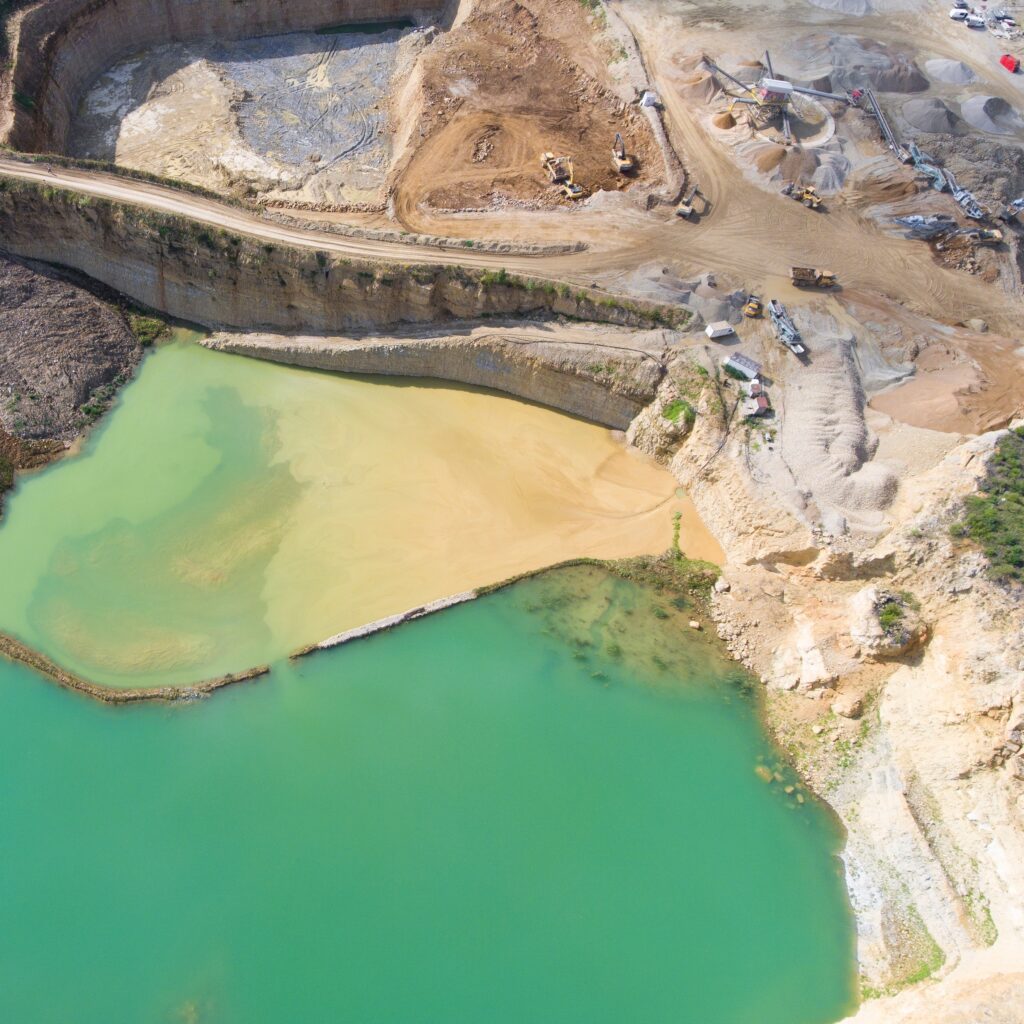And while broad-based sustainability reporting remains voluntary in Australia, mandatory frameworks are coming, and they extend far past just the ‘E’ in ESG.
In January, the Federal Government released a consultation paper recommending a phased approach to introduce a mandatory ESG reporting framework, with the first reports likely to be required in financial year 2024-25.
The moves are in line with a global trend for capital markets to align with sustainability goals and ensure investors can be confident the investments they feel good about are legit.
In Europe, an expansion of non-financial reporting requirements, known as the Corporate Sustainability Reporting Directive, came into effect late last year.
The CSRD’s obligations go much further than climate-related risks, covering the treatment of employees, respect for human rights, anti-corruption and bribery and diversity on company boards.
In the United States, the Securities and Exchange Commission has proposed similar obligations for companies to disclose their greenhouse gas emissions and how likely climate-related risks are to materially impact their operations.
Alongside climate, the SEC has proposed for more disclosure on investment strategies, how ESG impacts are measured, and transparency around conflicts of interest presented by an investment advisor’s relationships.
While regulators are formulating plans worldwide for more onerous ESG restrictions, consultation is also under way for new standards in the resources sector.
ESG reporting standards for miners are being developed by the Global Sustainability Standards Board, with the framework to demand more transparency on the industry’s impacts on the economy, environment, and people.
Again, the standards have evolved past environmental disclosures, with obligations extending to responsible investment, supply chains and modern slavery, community support during disasters and health crises, and the rights of First Nations Peoples.
Transparent disclosures will also be required for board diversity, business ethics, corruption, and anti-competitive practices.
So, with new obligations coming down the pipeline, and more onerous disclosures to be made, what should a business do to prepare?
There are lessons in the various statements each of the regulators is making to market.
The Task Force on Climate-Related Financial Disclosure’s reporting frameworks, for example, stresses that disclosure needs to be relevant, specific, and complete, clear and balanced, consistent, comparable to peers and verifiable, and provided on a timely basis.
The ACCC in its recent report called for companies to focus on providing evidence for their claims and aspirations.
It concluded that businesses liked to list their environmental objectives, but “in many cases it was unclear what practical changes were being implemented to achieve these goals. In other cases, goals were very general and not able to be measured.
“… While some businesses provided updates about their progress against their aspirational targets, this information was often outdated. There were examples where it was unclear which goals were still in progress and which had already been achieved.”
In other words, setting clear, relevant and specific goals, tracking and measuring them in a way that is consistent and able to be benchmarked, and having evidence of your progress on environmental, social and governance aspirations are all critical in this new era of tougher regulatory focus.
Wanting to be a good corporate leader in the ESG space is not enough. You need evidence, transparency and a commitment to following through, in a way that regulators can accept.














